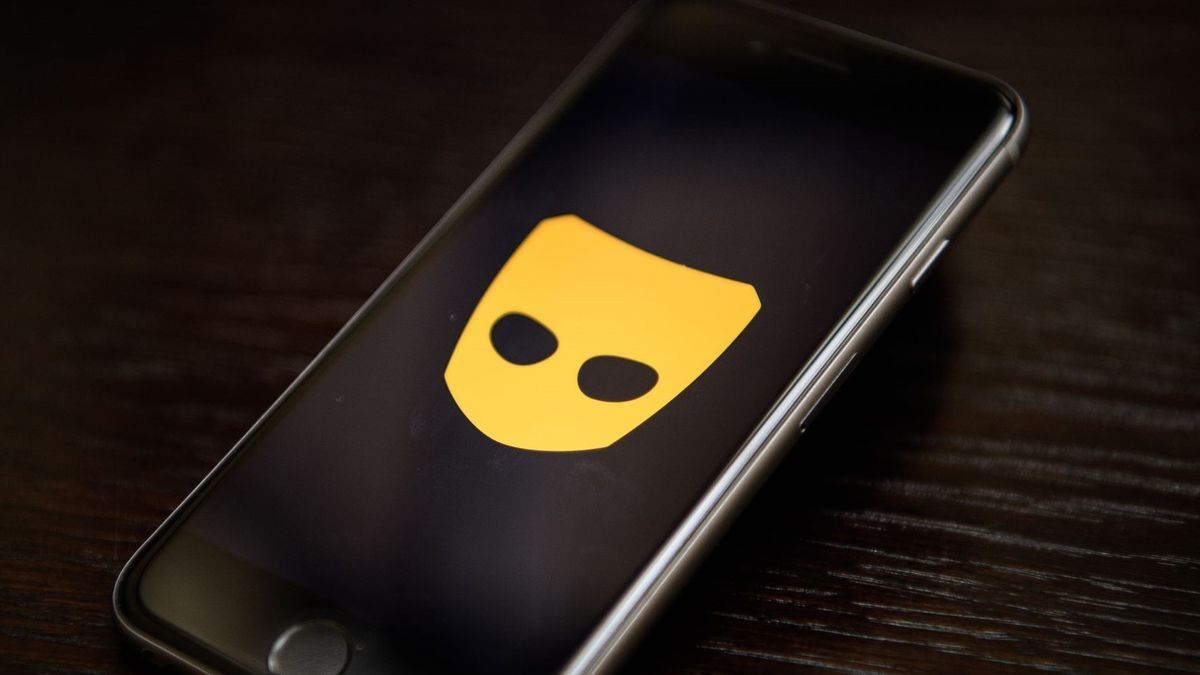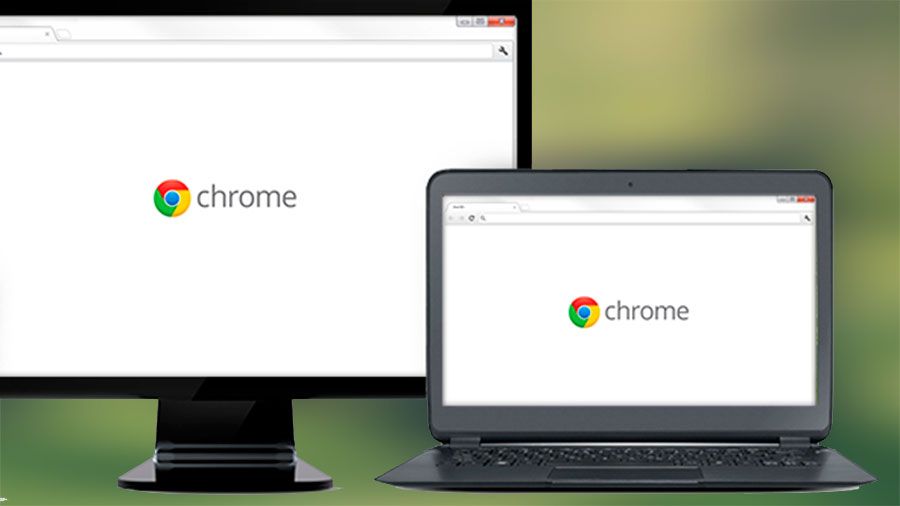Update: On May 22, 2024, after publication, Access Now confirmed that 13 countries will actually ban Grindr in 2024, as Malaysia joined the list in April.
Grindr, the world's largest LGBTQ+ dating app, is the second most blocked social media platform outside of India.
This means that gay, bisexual, transgender and queer people in 13 countries around the world cannot access the popular app unless they use one of the best VPN services.
This is one of the worrying findings included in the annual report by digital rights group Access Now. Let's take a closer look at what's at stake and the steps to take to bypass the restrictions.
Grindr blocks continue to increase
As Access Now's latest report can reveal, there is a growing list of countries specifically targeting LGBTQ+ people by imposing blocks on platforms like Grindr.
Jordan and Tanzania issued new blocks on Grindr last year, joining a list of 10 countries that already censor the popular app. Iran, Lebanon, Oman, Qatar, Saudi Arabia, Turkey, and the United Arab Emirates have been blocking Grindr for years. People in China, Indonesia and Pakistan have also been forced to use secure VPN software to access the platform for some time.
“The widespread blocking of Grindr, the world's largest social media app for gay, bisexual, transgender, and queer people, is an especially telling indicator that authorities are using blocks to deliberately marginalize specific groups of people,” the researchers wrote. researchers.
The Grindr bans came on the heels of a global wave of intolerance against the LGBTQ+ community. In Jordan, for example, authorities blocked Grindr for the first time in 2023, while attacks against queer people intensified across political sectors and beyond.
Worse still, this worrying wave of lockdown shows no signs of stopping either. Malaysia joined the list of countries banning Grindr on April 17, 2024, bringing the toll to 13 countries around the world that censor the popular queer dating app.
Felicia Anthonio, manager of #KeepItOn at Access Now, believes this dire situation could even get worse throughout the year. She told me: “With anti-LGBTQ+ laws making their way into more and more countries around the world, it is very likely that censorship of LGBTQ+ websites and blocking of apps like Grindr will continue into 2024.”
Overall, Access Now describes 2023 as the “worst year of internet outages on record.” In addition to widespread fixed and mobile connectivity blackouts, 53 platform blockades were imposed in 25 countries throughout the year. This is a significant increase from the 39 lockdowns that occurred in 29 countries the previous year.
In 2023, India was once again the largest perpetrator of service-based blocking orders worldwide. These requests increased from two censored apps in 2022 to 14 platforms last year. In addition to this, three out of four countries that implemented lockdowns for the first time in 2023 also participated in blocking platforms. These include Kenya's blocking of Telegram, Nepal's ban on TikTok, and Suriname's opposition to Meta services (Facebook, WhatsApp, and Instagram).
This increase in platform blocking may indicate that authorities perceive such a practice as more acceptable and less harmful than a complete Internet blackout, Access Now researchers explained. However, “the disruption of platforms often disproportionately affects targeted and marginalized communities or people who rely on them as their only viable mode of accessing information and communicating with their loved ones, colleagues, clients, sources. news and service providers,” the report reads.
For example, Turkey blocked Twitter for only two days in 2023, but that was when people needed it most: after the devastating earthquake that killed more than 15,000 people in both Turkey and Syria.
According to VPN company Surfshark, at least 50 countries have reportedly disconnected popular social media services such as Facebook, Instagram, X and TikTok since 2015, in what the provider describes as “a suppression of an essential avenue for transparency.”
How to bypass Grindr ban with a VPN
A VPN, short for virtual private network, is security software that encrypts Internet connections while spoofing your real IP address. This last ability is exactly what you need to bypass government-imposed geographic restrictions, as it tricks your ISP into thinking you're in a completely different country in a matter of seconds.
Using a Grindr VPN is also advantageous in countries where the app is not blocked to increase your online privacy. Like similar online dating apps, Grindr collects sensitive personal information, such as location data and IP addresses, that could be used against you, especially in countries where LGBTQ+ people are under attack.
Below are the simple steps to follow to use Grindr with a VPN:
- Download the VPN app you have chosen. I recommend checking out our best free VPN guide to find the most reliable freebie out there.
- Connect to a server located in a country where Grindr is available.
- Start using Grindr like you normally would, but with more privacy!
However, it is worth mentioning that Jordanian law criminalizes the use of VPNs, proxy services, and the Tor browser to bypass censorship. While downloading and using a circumvention tool will not be illegal per se, authorities could use a fictitious IP address to access blocked social media platforms and censored foreign media.
This is particularly worrying considering that, as Access Now noted, last year's cybercrime law came at a time when Jordan was blocking an increasing number of websites.
We test and review VPN services in the context of legal recreational uses. For example: 1. Access a service from another country (subject to the terms and conditions of that service). 2. Protecting your online security and strengthening your online privacy when abroad. We do not support or tolerate illegal or malicious use of VPN services. Future Publishing does not endorse or approve the consumption of paid pirated content.









